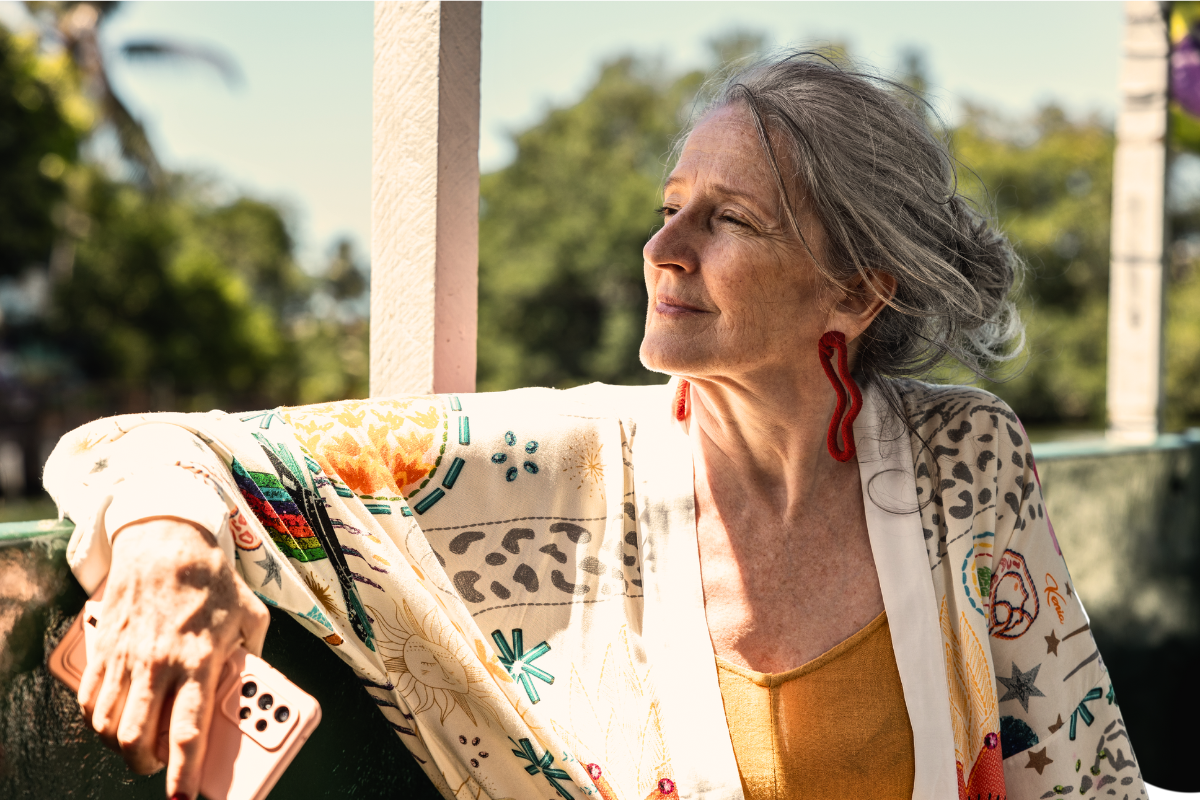It’s normal that as we prepare ourselves, our homes, and our family for what natural disasters might bring, our kids’ emotions may not be top of mind.
Thankfully, there are some simple ways you can support your children to remain calm, feel safe and prepared, and manage any emotions that come up for them. We offer some simple steps to support children through a natural disaster:
Before the event:
- Kids thrive with a routine: If your routine is going to change (like not going to school or sports activities), discuss what the changes will look like. Get the kids involved in simple activities such as charging phones, gathering supplies or refilling water bottles, or moving small loose items outside.
- Don’t keep it secret, keep it appropriate: Kids thrive with transparency, but there’s a fine line between being honest and scary. Do your best to educate them on what’s happening, but using age-appropriate, calm, and reassuring language.
- Encourage questions: Encourage kids to ask questions, and be available and open to answering them as best you can.
During the event:
- Stay Calm: Kids are highly sensitive to adult emotions. Model calm behaviour to help them feel more secure, and if you’re feeling anxious or frightened, take a moment to manage those feelings away from them.
- Provide Reassurance: Let kids know they are safe. Offer constant verbal reassurance and comfort them with hugs, holding their hand, or even speaking in a calm, soothing voice.
- Involve Them in Safety Actions: If it’s appropriate, let them help with some tasks, like carrying a small bag, getting supplies, or making sure pets are safe. This can give them a sense of control and being part of the family unit.
- Limit Exposure to Media: Avoid exposing kids to distressing images and news about the event. Instead, focus on keeping their environment as calm and comforting as possible.
When safe to do so:
- Communication with Schools: If your children are school-aged, stay in contact with their teachers for additional support and any resources available.
- Professional Help: If you notice your child is struggling with ongoing stress, trauma, or anxiety, it might be helpful to reach out to a mental health professional.
By being proactive, calm, and nurturing, you can help guide children through natural disasters while ensuring their physical and emotional needs are met and reduce the risk of any ongoing emotional impacts.
For more support or information, the Queensland Government’s “Birdie and the cyclone” resource also provides cyclone-specific support and information for children.
If you or your child could benefit from speaking with a mental health professional, our Counsellors are available in person or online. To book, call 1300 364 277.

